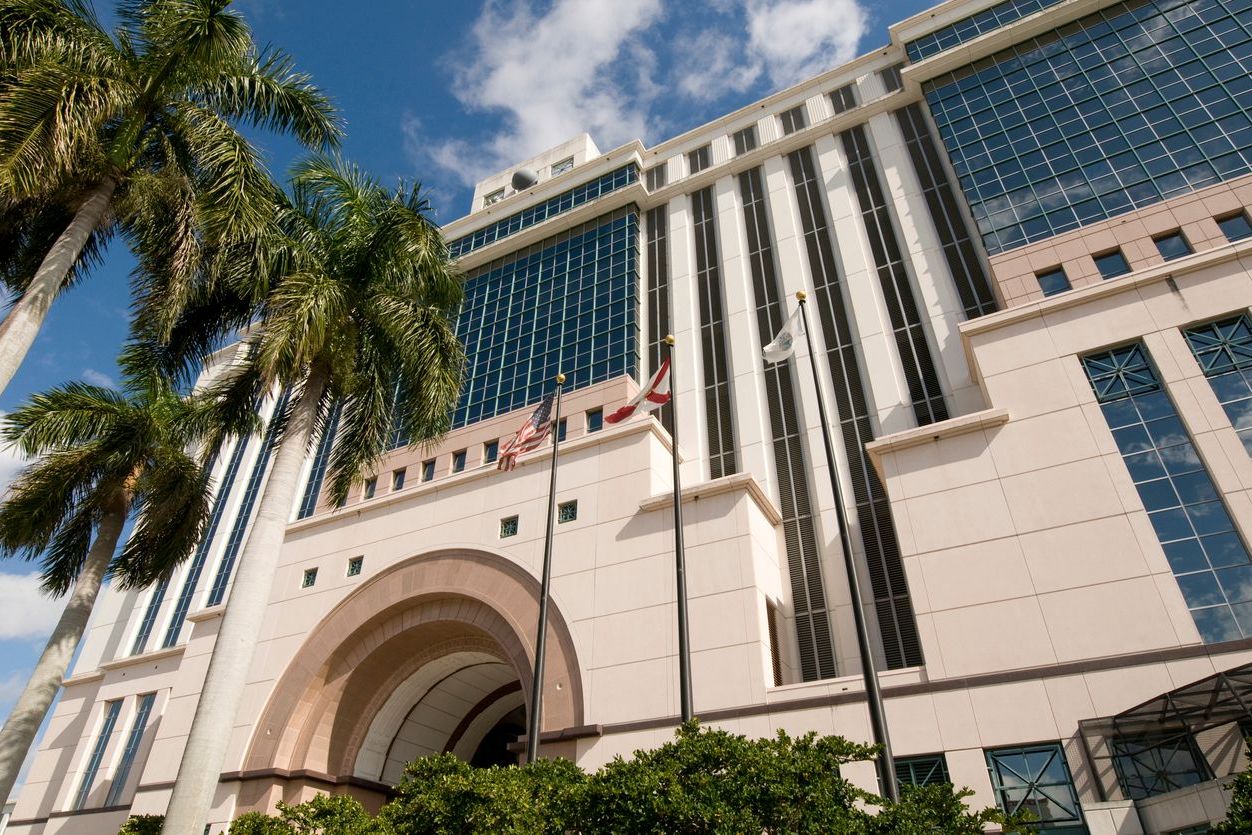O
LX delivered a robust first half of FY26, powered mainly by its motors and real‑estate segments, as announced by parent Prosus. Consolidated e‑commerce revenue reached $3.6 billion, a 22 % rise YoY, while adjusted EBITDA climbed 70 % to $530 million. Real‑estate sales grew 26 % to $92 million, with adjusted EBITDA margins expanding to 45 %. OLX itself grew revenue 17 % and achieved a 49 % adjusted EBITDA margin. Prosus projects full‑year e‑commerce revenue of $7.3 billion and adjusted EBITDA of at least $1.1 billion, with free cash flow improving by $399 million to $1.3 billion.
Prosus runs a global portfolio of classifieds, plus food‑delivery, fintech and education platforms across Europe, Latin America and India. CEO Fabricio Bloisi highlighted disciplined execution, deeper customer engagement and new revenue streams. He noted iFood’s impact on Decolar in Latin America, strategic acquisitions in India, and AI‑powered investments in JET and La Centrale in Europe. “We’re building an AI‑first world for our 2 billion customers,” he said, citing 20,000 AI agents already in use. CFO Nico Marais praised record revenue, profitability and free cash flow, and expressed confidence in meeting FY26 guidance. He emphasized a strong balance sheet, flexible capital for ecosystem growth, and a share‑repurchase program that creates shareholder value. Marais outlined priorities: sustain peer‑leading growth, expand profitability and free cash flow, and deploy capital through business investments, buybacks and ecosystem initiatives.
OLX remains Prosus’s largest real‑estate platform, operating in Brazil, Poland, Portugal, Romania and beyond. Prosus recently sold OLX Uzbekistan to TBC Bank Group for an undisclosed amount, continuing a series of divestments that include Remitly, Udemy, DoorDash and Meituan. The company plans to divest roughly $2 billion of assets this year while repurchasing 30 % of its free‑floating shares in H1. E‑commerce revenue targets for FY26 are set between $7.3 billion and $7.5 billion, with adjusted EBITDA up to $1.2 billion. The prospectus also outlines forthcoming investments in agentic AI to enhance internal operations.














